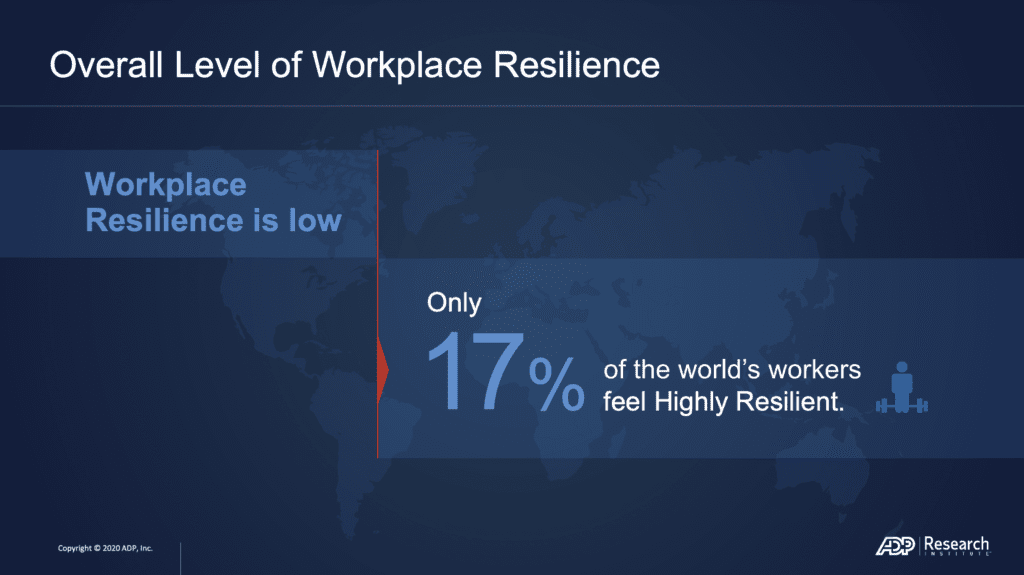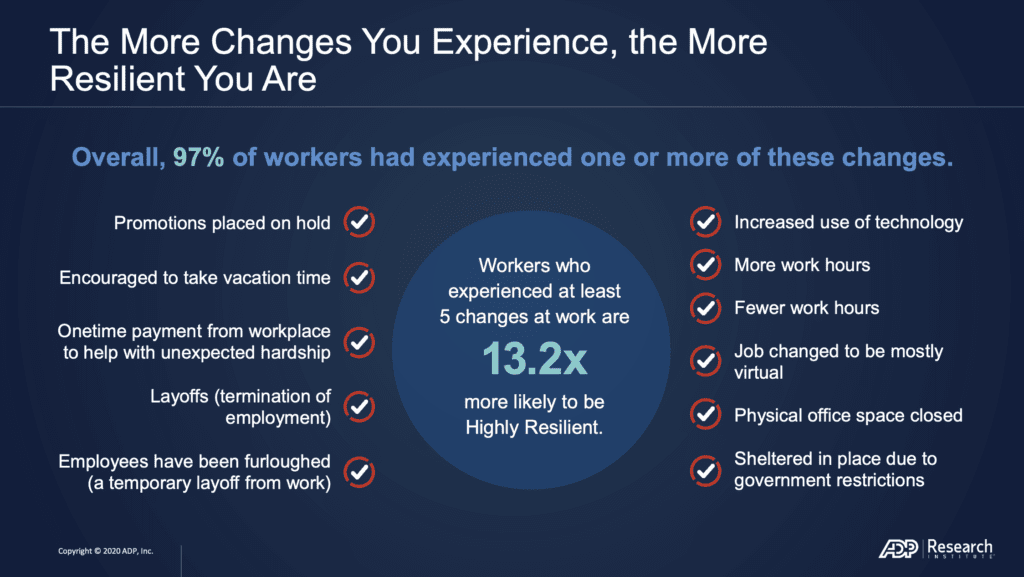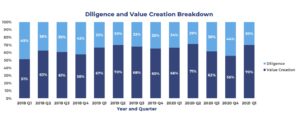Every quarter we gather top human capital executives across leading private equity funds to discuss key topics that are top of mind. In our most recent event, we covered many topics. Below are our top takeaways.
These events are invite-only and follow Chatham House Rules, so this only touches on our high-level learnings. If you are interested in joining our next event, please contact us at events@bluwave.net.
Return to Office: Though there was variance as to private equity funds approach how/if they will return to the office, Labor Day seems to be the flashpoint when most will begin their version of the “new normal.” In the meantime, office attendance seems to be voluntary, sometimes encouraged.
- Some firms are using prolonged location flexibility as a recruiting tool for more junior employees, and others are trying a hybrid model, (all-firm Mondays, Deal Team A Tuesdays) to take advantage of the “organized serendipity” aspects of being physically in the same space.
- Individuals are encouraged to share their “vaccine plan” but are generally not required to have it.
- Questions arose around the attraction and retention of junior talent who prefer a flexible location plan—and how this may balance with the individual competitiveness in employees wanting to gain an advantage by being in person or preference with facetime.
Diversity, Equality, and Inclusion: Most firms are applying a more holistic approach when considering the diversity within the firm and portco structures, and some sort of diversity diligence and board reporting seems broadly applied.
- Many firms are partnering with specialized recruiters or diversity-focused associations to maintain a diverse junior candidate pipeline.
- To maintain a healthy pipeline of all junior candidates, some firms have introduced internship programs, or have made offers to investment banking candidates earlier in their careers.
- A number of firms discussed using emerging public company standards for their portco boards.
Future of Work: There is broad acceptance that some things will likely remain different for the foreseeable future- either from a location flexibility perspective or a difference in frequency of business travel.
- Firms are re-thinking what is required to be done in person (and in-office) and what can be done remotely in order to maximize time together.
- Business travel will likely be less frequent in the near term (i.e. dial into the monthly board check-in) but more concentrated and purposeful when it happens (i.e. the portco visit will be bi-annually and will be an intense 3 days of plant tours and management meetings). Some firms are limiting travel to more senior individuals so as to reduce juniors’ time away from other essential tasks.
- Many firms have targeted and continue to hone all employees’ digital acumen to optimize communication and collaboration across people and teams, regardless of whether they are in-person or virtual.
- Virtual work has prompted a focus on the importance of personality assessment tools (like Hogan) to help team members understand each other better and to accelerate remote relationship building.
HR & talent are a key area of focus for us and our clients. In fact, in our Q1 2021 quarterly insights report, we found HR and talent remain private equity’s top area of focus, accounting for nearly 39% of all due diligence and value creation initiatives by PE in Q1 2021. Activity levels in HR and talent continue to grow over time, comparatively accounting for 32% of projects in Q1 2020 and 25% of projects in Q1 2019. Within this category, we are seeing significant investments by PE in ESG and Diversity, Equity, and Inclusion (DE&I) initiatives.
You can find an overview of our quarterly findings here. To view the full deck, which includes detailed projects by functional area, as well as league tables, reach out to us at info@bluwave.net. A team member would be happy to share our full findings with you and tailor our insights to be most relevant to you and your fund.























